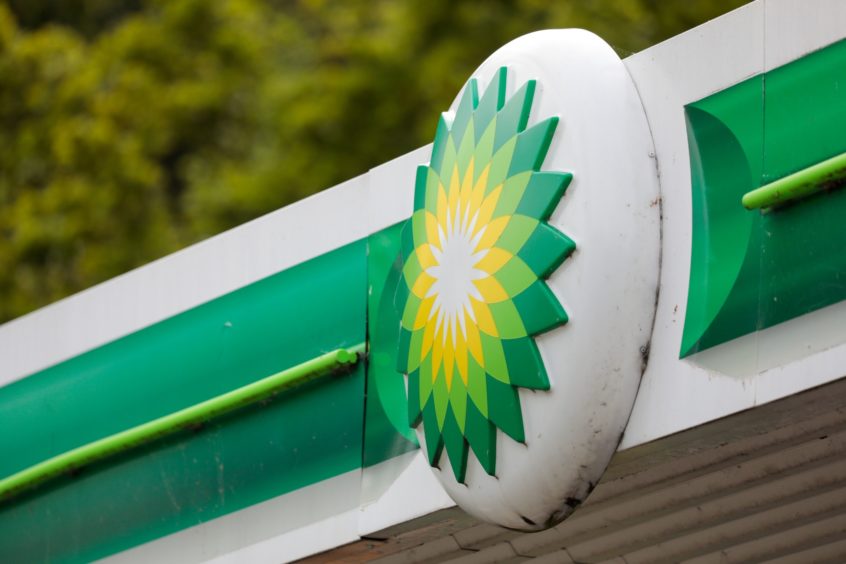
Bank of China Ltd. has sued BP Plc in Singapore over its alleged role in fabricating oil deals with collapsed trader Hin Leong, in the latest effort by a creditor to recover losses after one of the biggest trading scandals in decades.
The Chinese bank requested that BP repay $125.7 million that it withdrew from the lender earlier this year based on sales of gasoil cargoes to Hin Leong, according to documents provided by the Supreme Court of Singapore. The deals were part of “fictitious purchase scheme conspiracy” to maintain Hin Leong’s liquidity since no real transactions took place, the bank said.
The lender also demanded $187.2 million from Hin Leong Trading Pte’s founder, Lim Oon Kuin, and his two children, the documents showed. The total sum includes the deals linked to BP and some other overdue payments on short-term loans, or letters of credit.
BP strongly refutes the allegations by Bank of China and will defend its position, the company said in a statement, without elaborating. Bank of China and the Lim family haven’t replied to emails seeking comments. Lim has earlier denied forging documents in a case brought by HSBC Holdings Plc, saying they were “mistakenly” issued.
Singapore, a major-oil trading hub, was shook by defaults and alleged fraud this year, roiling lenders who finance the opaque world of commodities trading in the city state. While the main protagonists were medium-sized trading firms such as Hin Leong, some leading global firms have also been ensnared in the debacle.
It’s not the only hit Bank of China has taken this year on oil. Earlier this year it agreed to repay some investors after one of its oil-linked trading products collapsed amid a plunge crude prices.
Simultaneous Sale
The disputed gasoil deals took place in the first two months of this year. BP withdrew a total of $125.7 million on three letters of credit in early February from Bank of China, the court document showed. Hin Leong purchased a combined 1.5 million barrels of gasoil from BP in the deals and the oil major was able to present documents to prove the authenticity of the trades.
The bank was later informed by Hin Leong’s judicial managers that these trades were fabrications backed by non-existent cargoes financed by at least 27 letters of credit, including the three from Bank of China. The suit alleges that Hin Leong was able to maintain a semblance of financial stability and liquidity by selling and repurchasing forged cargoes backed by letters of credit worth $624 million.
“HLT fabricated documents on a massive scale,” Bank of China said in its suit. “The forged documents enabled HLT to mislead banks into extending financing to it and also acted as supporting documentation for fictitious gains or profits.”
Bank of China cited the court-appointed manager as saying that the trading firm sold gasoil to BP, which the oil major then sold back to Hin Leong at a higher price. Given the gap between the sales price and purchase prices and the short time period between the deals, it appears that the transactions were intended solely to provide liquidity for Hin Leong, the bank said, citing the appointed managers.
Bank of China claimed that it wasn’t aware of the “simultaneous sale” and buy-back transactions, alleging that documents were forged to “induce” the bank to make payments. It wouldn’t have made payments if it had known that the representations were false, it said.
Recommended for you
